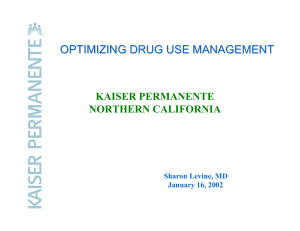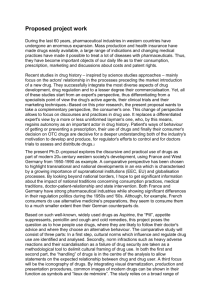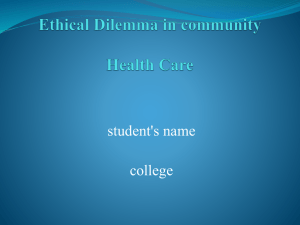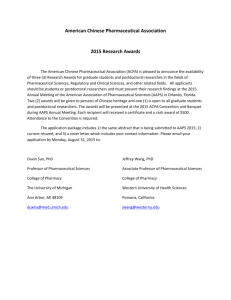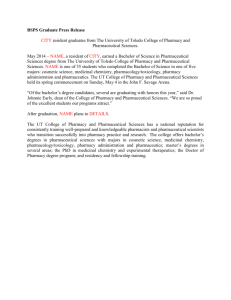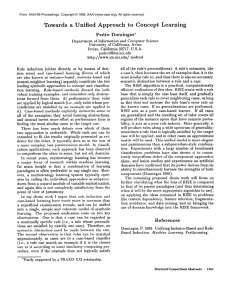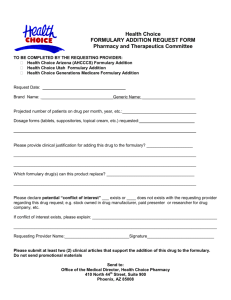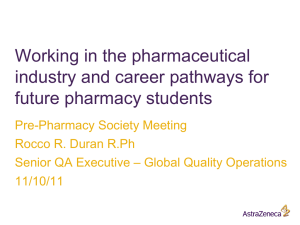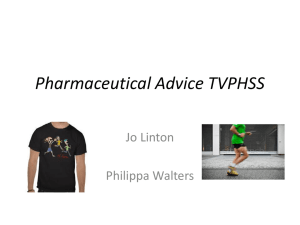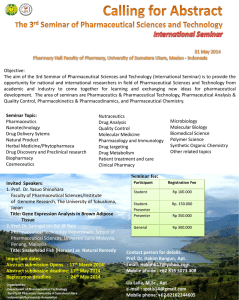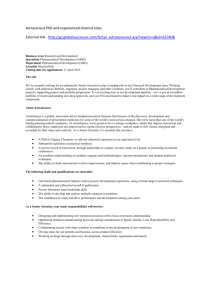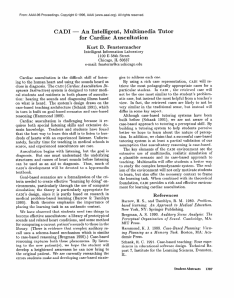pharmaceutical infections
advertisement
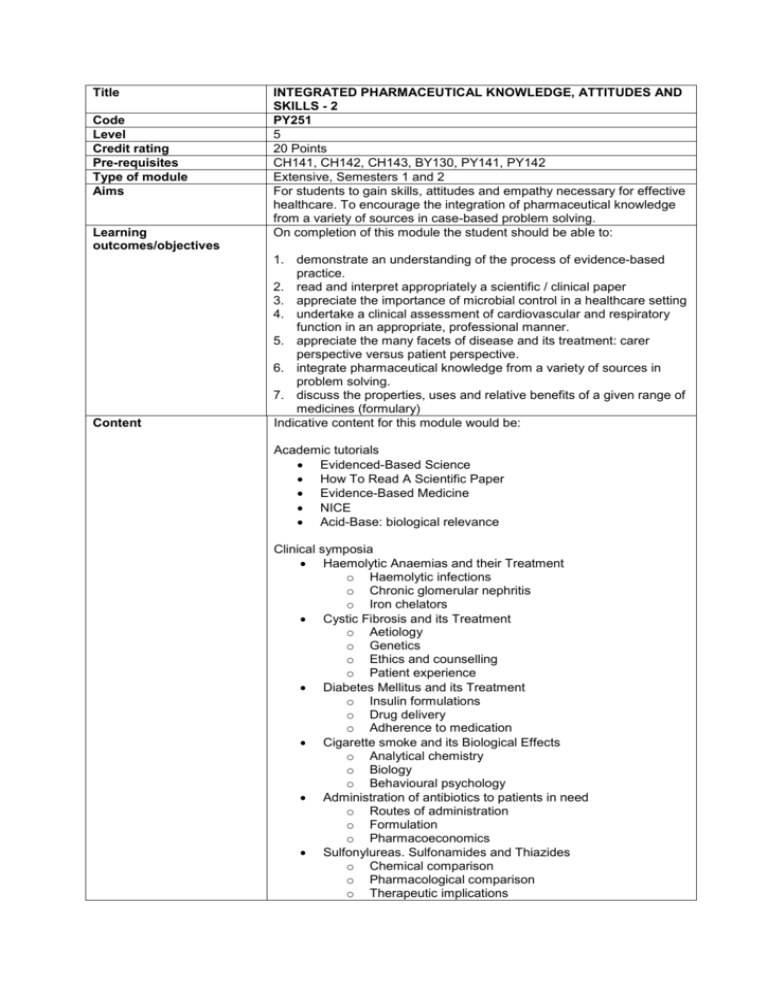
Title Code Level Credit rating Pre-requisites Type of module Aims Learning outcomes/objectives Content INTEGRATED PHARMACEUTICAL KNOWLEDGE, ATTITUDES AND SKILLS - 2 PY251 5 20 Points CH141, CH142, CH143, BY130, PY141, PY142 Extensive, Semesters 1 and 2 For students to gain skills, attitudes and empathy necessary for effective healthcare. To encourage the integration of pharmaceutical knowledge from a variety of sources in case-based problem solving. On completion of this module the student should be able to: 1. demonstrate an understanding of the process of evidence-based practice. 2. read and interpret appropriately a scientific / clinical paper 3. appreciate the importance of microbial control in a healthcare setting 4. undertake a clinical assessment of cardiovascular and respiratory function in an appropriate, professional manner. 5. appreciate the many facets of disease and its treatment: carer perspective versus patient perspective. 6. integrate pharmaceutical knowledge from a variety of sources in problem solving. 7. discuss the properties, uses and relative benefits of a given range of medicines (formulary) Indicative content for this module would be: Academic tutorials Evidenced-Based Science How To Read A Scientific Paper Evidence-Based Medicine NICE Acid-Base: biological relevance Clinical symposia Haemolytic Anaemias and their Treatment o Haemolytic infections o Chronic glomerular nephritis o Iron chelators Cystic Fibrosis and its Treatment o Aetiology o Genetics o Ethics and counselling o Patient experience Diabetes Mellitus and its Treatment o Insulin formulations o Drug delivery o Adherence to medication Cigarette smoke and its Biological Effects o Analytical chemistry o Biology o Behavioural psychology Administration of antibiotics to patients in need o Routes of administration o Formulation o Pharmacoeconomics Sulfonylureas. Sulfonamides and Thiazides o Chemical comparison o Pharmacological comparison o Therapeutic implications Coursework exercises Case-based seminar on peptic-ulcer disease and anaemia Case-based monitoring of infections Case-based seminar on insulin therapy and pharmaceutical calculations Infection control The Healthy Heart: blood glucose, cholesterol and blood pressure Teaching and learning strategies Learning support Assessment tasks Brief description of module content and/or aims (maximum 80 words) Area examination board to which module relates Module team/authors/coordinator Semester offered, where appropriate Site where delivered Date of first approval Date of last revision Date of approval of this version Version number Replacement for previous module Course(s) for which Compulsory experiential visits 3 x 4hr visits to Leaf Hospital, anticoagulant clinic and/or wards The material will be presented by academic tutorials (typically 5 hrs), clinical symposia (typically 5 x 3hrs), coursework exercises (typically 5 x 4hrs) and experiential visits (typically 12hrs). 148 hours of independent study and assessment. Texts (current editions) Pharmaceutical Practice, Winfield, A J and Richard R M E, Churchill Livingstone, Pharmacy Practice, ed Taylor, K and Harding, G, Taylor and Francis, Medicines, Ethics and Practice: A Guide for Pharmacists. Health Psychology, Ogden J, Open University Press British National Formulary, BMA & RPSGB Aulton: Pharmaceutics - The Science of Dosage Form Design, ChurchillLivingstone. Chemistry for Pharmacy students, Sarker S. and Nahar, L., John Wiley, Chichester. Pharmacology, Rang, H P, Dale, M M and Ritter, J M, Churchill Livingstone. 1. 1500 word essay (LOs 1&2, 20%). 2. 2-hr OSCE examination (typically 4 stations including a viva voce case-based assessment) (LOs3-7, 80%). 3. Students are also required to maintain a reflective log book recording aspects of clinical experience, and to complete a formulary proforma. The formulary will be assessed as part of the OSCE. The experiential visits and completion of log-book will be a pass/fail assessment (LOs1-7). This module will provide students with experience of physical assessment and patient care. It will also address issues of perceptions of illness, attitudes to healthcare and evidence-based practice. Is intended to enable students to integrate pharmaceutical knowledge, attitudes and skills from a variety of sources and to apply the knowledge in the solution of healthcare-related problems. Pharmacology and Therapeutics Dr P R Gard and other School staff 1 and 2 Moulsecoomb 2008 2008 January 2011 2 n/a MPharm. Compulsory. module is acceptable and status in that course School home External examiner Pharmacy and Biomolecular Sciences Professor J Neill
